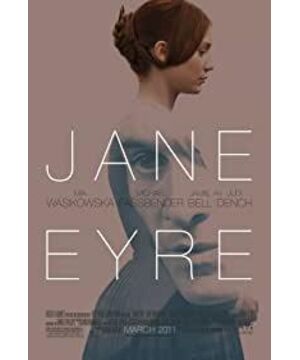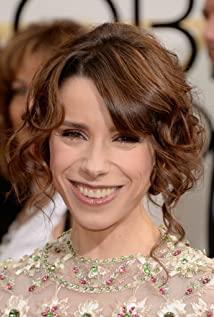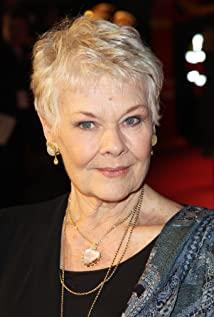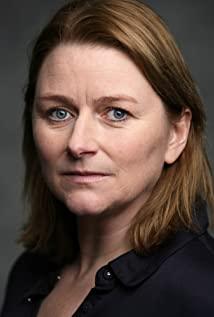"Jane Eyre" - a classic that many people almost missed because of the name. The content of the novel will not be repeated here, but the plot of the movie will be discussed.
In the film, Jane Eyre is a character full of feminism. She said: "I hope that a woman's life can be motivated, just like a man." Rochester, the male protagonist, also analyzed her: "You are a lively and cheerful prisoner. Once you are free, you will soar in the clouds." When Jane Eyre learned the fact that Rochester was married, she said to him: "We are equal. I am a free man with an independent will, and I will use this will to leave you now." These words can intuitively It reflects Jane Eyre's concept of freedom and equality. Combining the background of the novel's creation, I found that the idea of "freedom and equality" for women is really hard-won.
In addition to thinking, I also admire the character of the protagonist. Although there are many plots of emotional entanglement between the hero and heroine in the movie, love is just a clue rather than a theme. The love between the male and female protagonists is sincere, but the love did not make Jane Eyre lose herself. Even if leaving Rochester would make her miserable, compared to being a third party, she said, "I must respect myself." It can be seen that letting her despise herself is far more difficult for her to accept than losing love. It is said that women are emotional and easy to be trapped in love, but in my opinion, relatively speaking, women are more likely to indulge in affection. Affectionate doesn't mean only valuing feelings. In love, no matter who you love, you must love yourself first, and no matter who you love, you can't love yourself more than yourself. This is also what touched me most about Jane Eyre.
The ending is as everyone expected, but it is also rare in the world.
Although her childhood was unfortunate and her love life was bumpy, Jane Eyre still lived an independent and tenacious life. She made me understand: sticking to oneself is respect for oneself, not losing oneself is a tribute to freedom.
View more about Jane Eyre reviews











